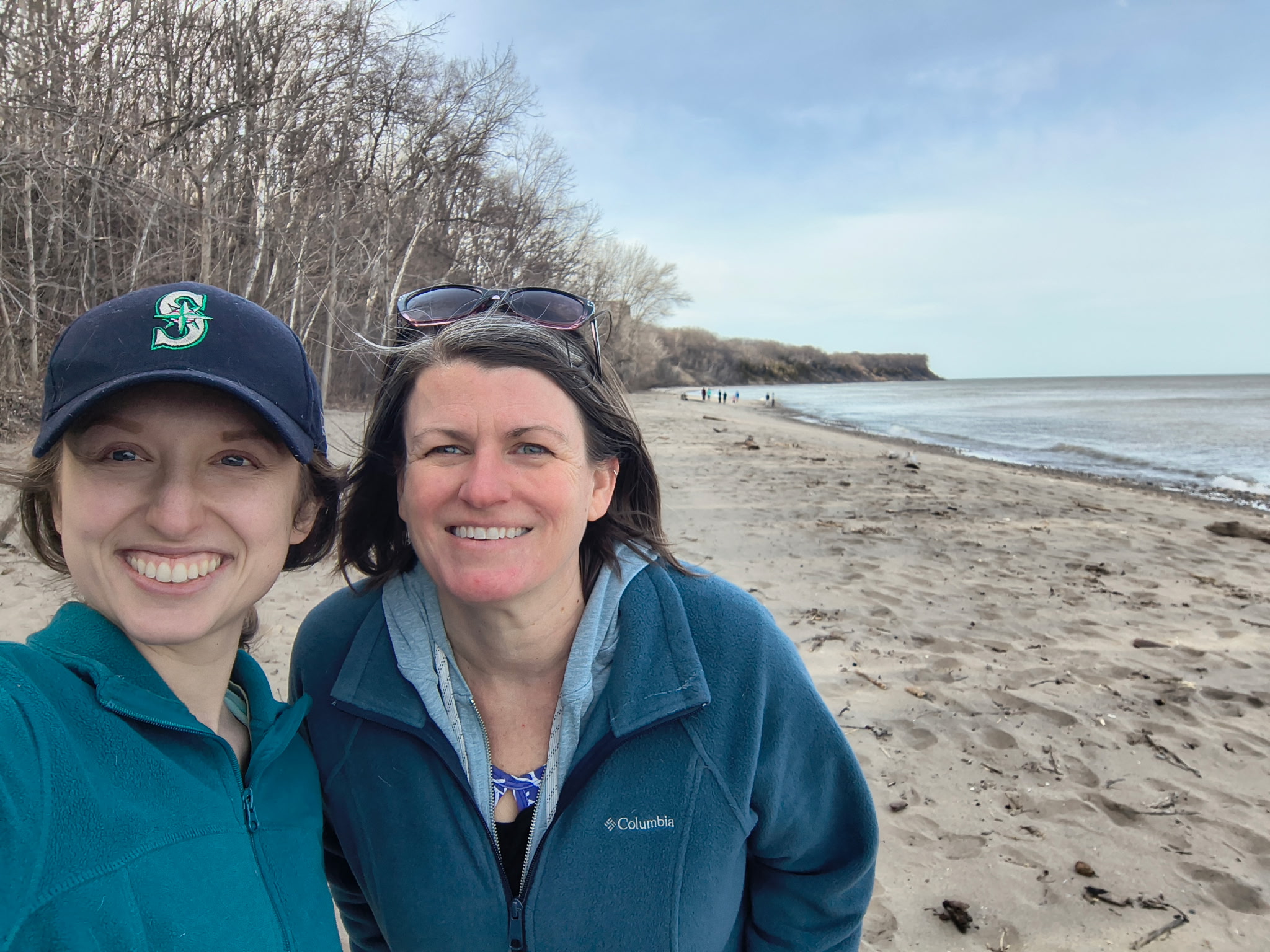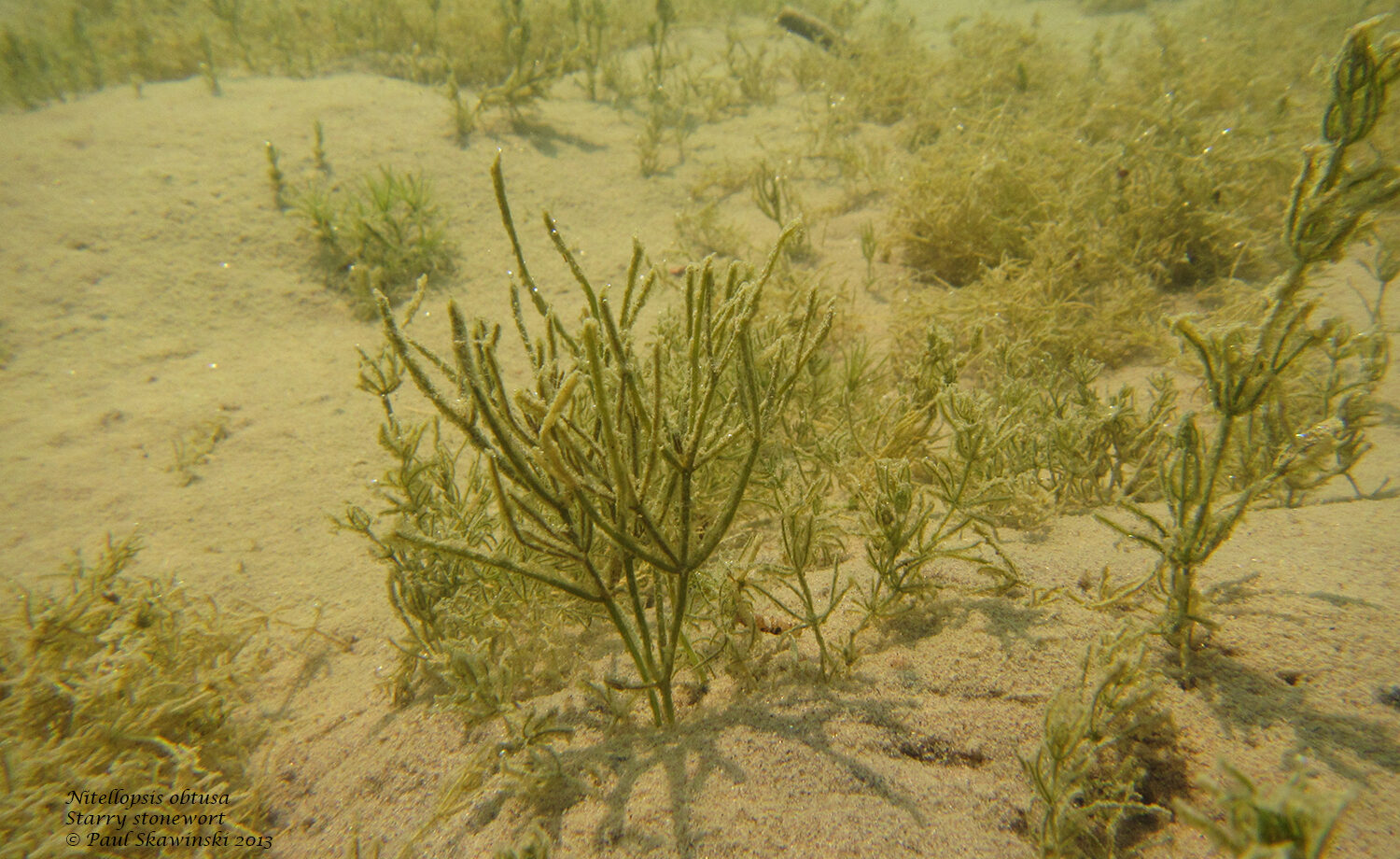If you’ve ever thrown a penny in a well and made a wish, you’ve participated in the cross-cultural ritual of casting offerings into groundwater. Although it’s generally hidden underground, groundwater has always been a powerful force culturally, politically and geologically.
Of all the water on our planet, only 3 percent is fresh water. The majority of that fresh water (about 2 percent of the total) is tied up in glaciers and ice caps — which leaves only about 1 percent of the world’s water available for human use, and nearly all of that (about 96 percent) is in the form of groundwater.
You’ll find that information and more in a new podcast series from the University of Wisconsin Water Resources Institute that explores the history of the human understanding of groundwater, from the earliest myths and conjectures, through scientific breakthroughs in understanding and out to the front lines with the scientists, specialists and citizens who are working toward sustaining our groundwater resources for future generations.
The podcast’s creator, Chris Bocast, deepened her respect for groundwater through producing the series and hopes to pass that on to the listener: “The Earth is really soggy! Seriously, I hope that listeners leave with a better understanding of how groundwater works in the big picture of our culture interacting with the biophysical systems of the planet, and that our continued and larger presence on Earth requires a more nuanced appreciation of these forces, even though they can be counter-intuitive to our inherited perceptions — i.e., water will flow uphill underground, given the right pressure and geology.”
Episode one of the podcast examines the earliest human understanding of groundwater and how traces of these early beliefs still persist today. The 19th century brought new understanding of groundwater contamination, water movement underground and new beliefs in the ability of water to heal – all covered in episode two. Continuing the journey in episode three, Bocast meets with Wisconsin hydrogeologists to learn who they are and how they investigate groundwater. Finally, two cases of groundwater contamination and how to cope with them are covered in episodes four and five.
A sixth and final episode is expected this fall.
Listen online or download: http://go.wisc.edu/8v20cm





